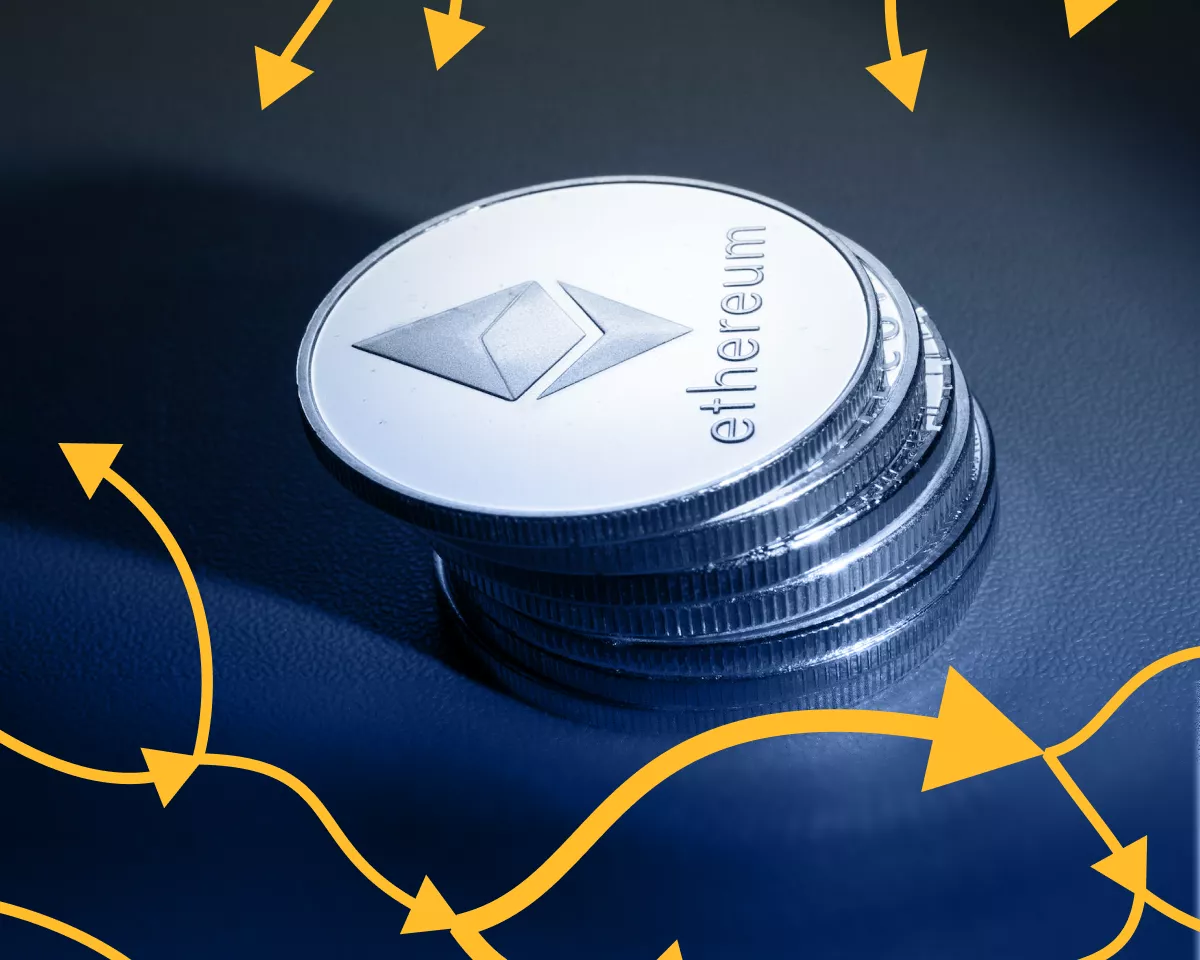
In Dubai, the issuance of anonymity-enhancing crypto assets (virtual currencies) such as Zcash (ZEC) and Monero (XMR) and all related activities will be banned under a new law announced on February 7.
The United Arab Emirates (UAE) judiciary has announced new cryptocurrency regulations, setting licensing and authorization requirements for cryptocurrency companies and cryptocurrency issuers seeking to do business in Dubai.
The new rules define anonymity-enhancing crypto assets as “technologies and mechanisms to prevent tracking of transactions and ownership records through a distributed public ledger and to enable tracking and ownership identification (by cryptocurrency service providers).” A type of virtual asset that does not have
Regulators in Japan and other countries have also taken steps to ban cryptoassets that enhance anonymity, and the European Union (EU) is also considering banning tokens that hinder traceability.
“Making the flow of money harder to decipher makes it harder to detect illicit activity, and regulators are trying to prevent this kind of activity,” said Angela Ang, senior policy adviser at blockchain analytics firm TRM Labs. “It’s only natural that they would react strongly to different asset classes and mechanisms.”
The activities of the crypto industry in Dubai are overseen by the Virtual Assets Regulatory Authority (VARA), which was established last year. Dubai is attracting crypto-asset and blockchain-related companies and encouraging them to set up bases in Dubai.
|Translation: coindesk JAPAN
|Editing: Toshihiko Inoue
|Image: Shutterstock
|Original: Dubai Prohibits Privacy Coins Like Zcash and Monero Under New Crypto Rules
The post Dubai enacts new rules on crypto assets ── bans privacy coins | coindesk JAPAN | Coindesk Japan appeared first on Our Bitcoin News.

 2 years ago
136
2 years ago
136














 English (US) ·
English (US) ·